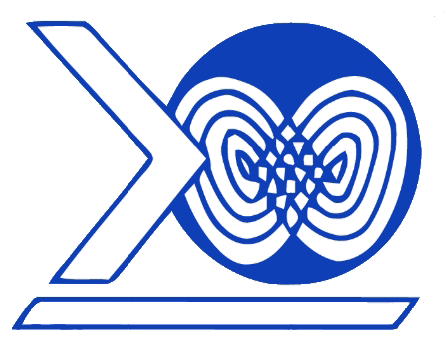What else can be done to help a person with voice problems?
What about voice therapy?
Voice lessons given by an expert teacher are invaluable for singers and even many non-singers with voice problems. When technical dysfunction is suspected or identified, the singer should be referred to the teacher. Even when an obvious physical abnormality is present, referral to a voice teacher is appropriate, especially for younger singers. Numerous "tricks of the trade" permit a singer to safely overcome some of the disabilities of mild illness safely. If a singer plans to proceed with a performance during an illness, he or she should not cancel voice lessons as part of the relative voice rest regimen; rather, a short lesson to assure optimum technique is extremely useful. For non-singers, training with a knowledgeable singing teacher under medical supervision is often extremely helpful for patients with voice problems. In conjunction with therapy under the direction of a certified, licensed speech-language pathologist, appropriate singing lessons can provide the patient with many of the athletic skills and "tricks" used by performers to build and enhance the voice. Once singing skills are mastered even at a beginner level, the demands of routine speech become trivial by comparison.
Special skills can be refined even further with the help of an acting voice trainer who may also be part of a medical voice team. Such training is invaluable for any public speaker, teacher, salesperson, or anyone else who cares to optimize his/her communication skills.
Voice therapy is generally provided under the supervision of a certified, licensed, speech-language pathologist (SLP). An SLP usually has a masters degree or Ph.D., and is a trained health professional. However, an individual=s training may or may not include skills in management of voice disorders. SLPs care for many other problems such as swallowing therapy following strokes. Hence, it is important to find an SLP with special interests, training, and expertise in voice problems.
Therapy generally begins with procedures to analyze the voice problem. The analysis process includes subjective assessment by the SLP, as the patient speaks and performs a variety of vocal tasks. Objective voice analysis is also extremely helpful and is available in more sophisticated centers. The process uses a variety of instruments to measure, quantify and analyze various aspects of the voice-producing system. The information obtained from voice therapy can be extremely helpful when designing voice therapy that accomplishes the desired goals optimally and quickly.
Voice therapy is really a form of physical therapy for the voice. It usually involves exercises that help a person eliminate abusive vocal habits, relax unnecessarily tense muscles, and learn to use the voice efficiently and effectively. Patients need to practice between therapy sessions in order to achieve the desired results. Therapy generally results in improvement in vocal quality, ease, and endurance. In some cases, it may also produce resolution (cure) of structural abnormalities such as nodules.
